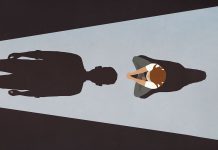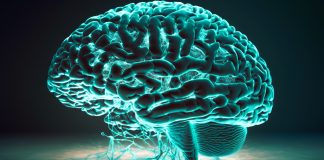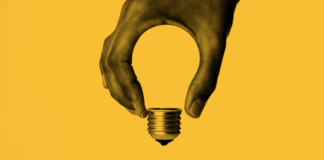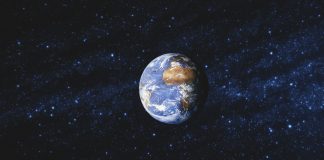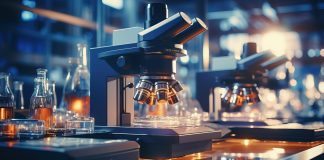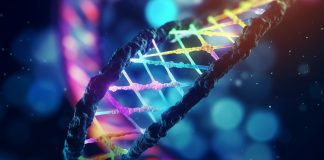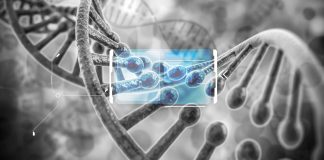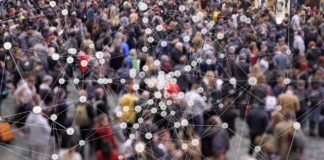How to build a better brain
The first time he saw a living human brain, neurosurgeon Sanjay Gupta says it became “a powerful and life-changing experience."
Hope, a legacy of another world
Hope can be palpable and elusive at the same time, both reasonable and independent of logic. Yet this independence from logic is not synonymous with indifference to reason, but a victory over it. Hope has its own logic, one that changes lives for the better.
How to develop your creativity every day
Even if half of us refer to creativity as a rare trait that only the other half has, in reality, creativity is much like a muscle: the more we use it, the more creative we become.
The flat Earth theory in the Middle Ages
Atheists frequently invoke the theory that in the Middle Ages, Christians (not just lay people, but even church leaders) believed in the myth of the flat Earth.
The microscope of theology versus the decalogue of science
The Jewish people walked on dry land in the middle of the water, not in the Red Sea, but somewhere in the Nile Delta. This conclusion by researchers from the National Center for Atmospheric Research and the University of Colorado (USA) made headlines on Reuters and the BBC in September 2010.
Does shopping addiction really exist?
Maria is 21 years old. She is in her third year at the Academy of Economic Studies and has been working and paying rent for a year. Ever since she reached economic independence, she started going out in the city and being very concerned about the way she looks.
What does the Bible say about climate change?
During the COVID-19 lockdown last year, I lived with some messy people. I’d moved into a house that I shared with a wonderful couple of brothers. They were almost everything you could ask for in a set of housemates. Friendly, funny, respectful of your privacy . . . genuinely great people in almost every respect.
How to sleep well in the age of anxiety
Sleep is perhaps the most important, complicated, and misunderstood physiological mechanism that keeps us alive.
Is sugar the most dangerous drug?
While few people can remember the details of their first hit, everyone can identify with the rush of satisfaction, the tingling delight that starts on the tip of your tongue and then courses through your entire body.
DNA: the language of chance, or of the Creator?
Scientific progress in understanding the DNA molecule and in deciphering the molecular mechanisms by which cells function can only be described as revolutionary. In the first of our "Genetics and Evolution" series of articles we examine the implications of these discoveries for evolutionary and creationist perspectives on the origin of life.
COVID-19: Should we care about the environment in the midst of an economic crisis?
Our planet may be fittingly compared to the 1994 film, Speed: A bomb is planted on a bus and rigged to explode when the bus slows to less than 80 kilometres per hour. The bus barrels through Los Angeles, hitting obstacles and endangering the lives of passengers and pedestrians until a solution is found.
Antibiotics: Blind optimism is dangerous
The increased frequency with which doctors are encountering antibiotic-resistant bacteria is worrying. And it could affect an already precarious medical field—cancer treatment.
The sprouts of genomics
Although the results do not seem spectacular yet, at least to the majority of the population, probably the most remarkable advances in the field of healthcare in the last 30 years relate to the mapping of the human genome (completed in 2003), the genome of other animal and plant species, and the development of bioinformatics.
How lethal is COVID-19, and other (un)answered questions
There have now been over 12 million cases of COVID-19 infection globally, and half a million deaths. Researchers are constantly looking for new and better information to reduce the uncertainty around the virus.
Will the metaverse really change the future?
There’s a 1995 clip from The David Letterman Show where Letterman is interviewing Bill Gates. Gates excitedly explains how the internet will change the future. Letterman is sceptical. He mentions a baseball game that had recently been broadcast live on the internet. “Does radio ring any bells?” he quips sarcastically, to laughter from his audience.
